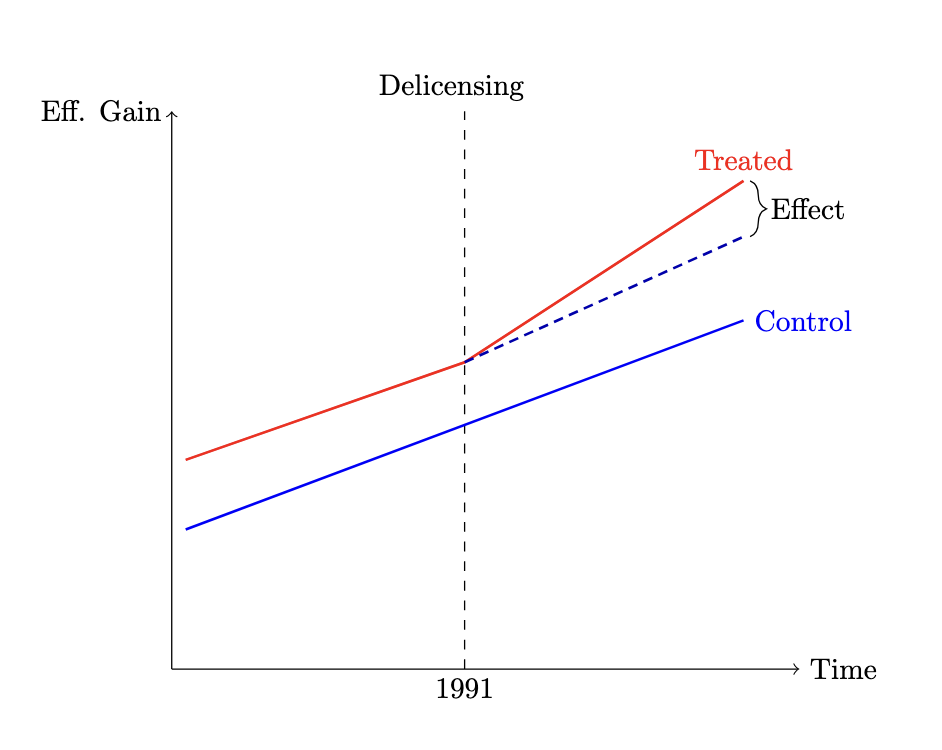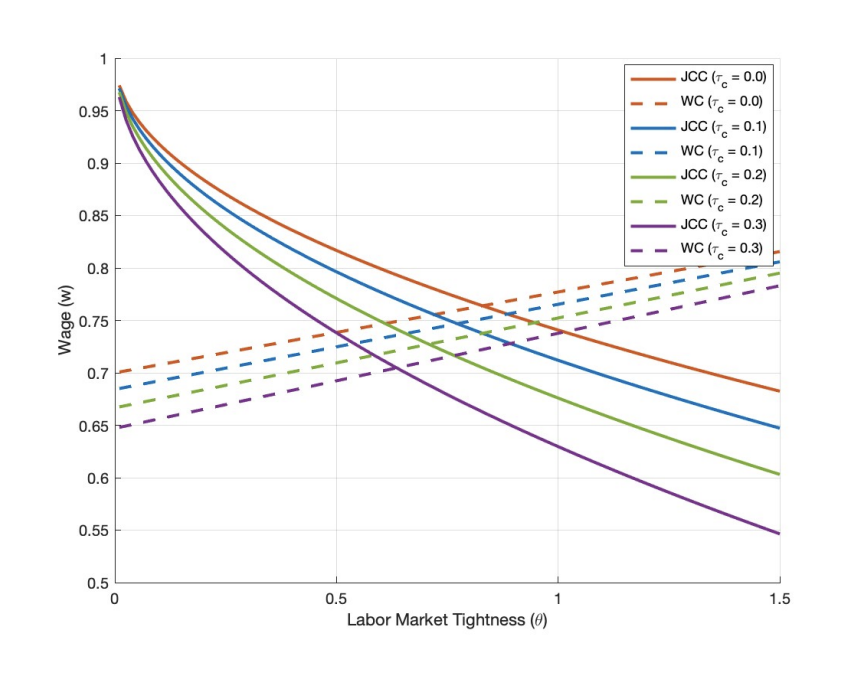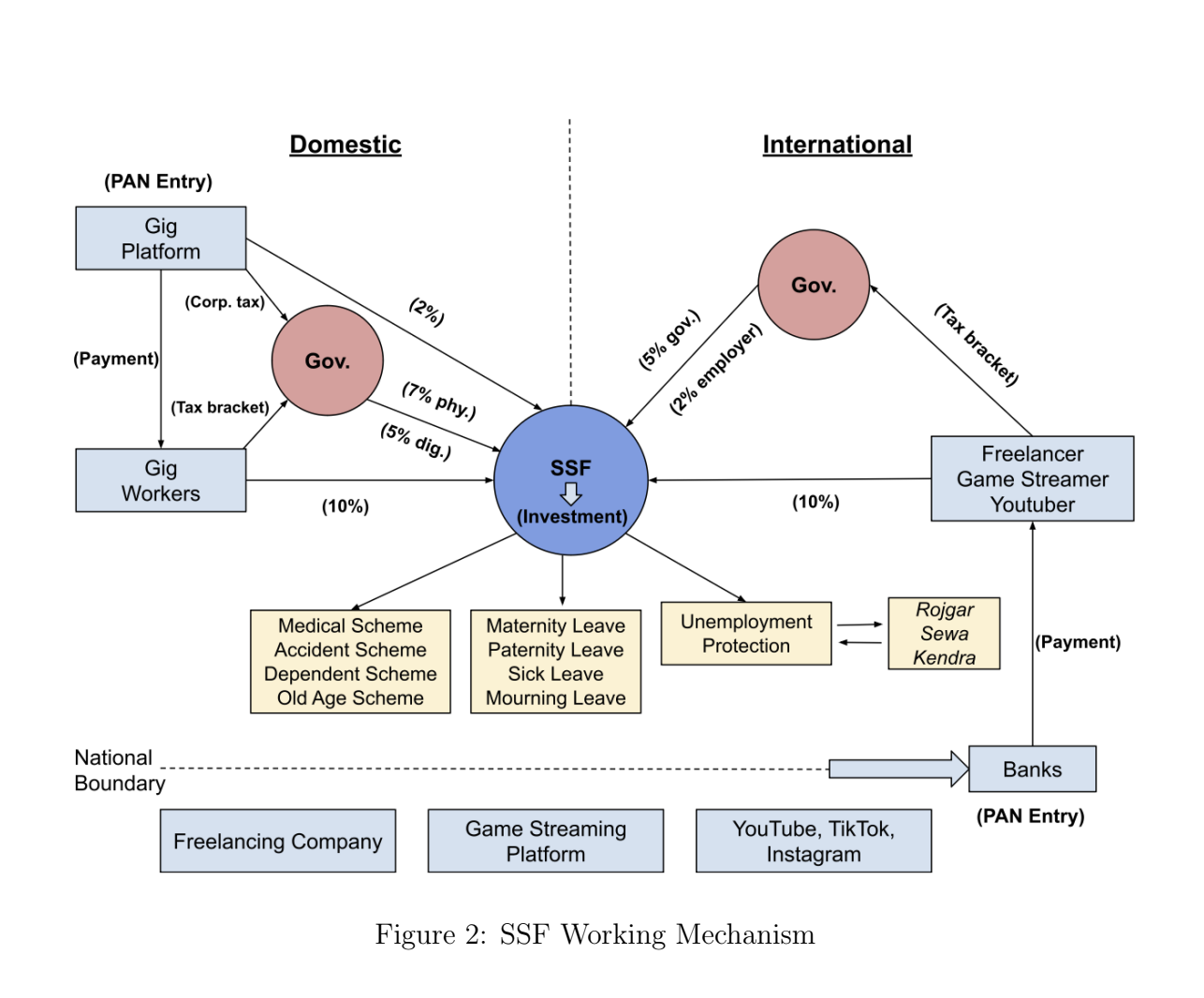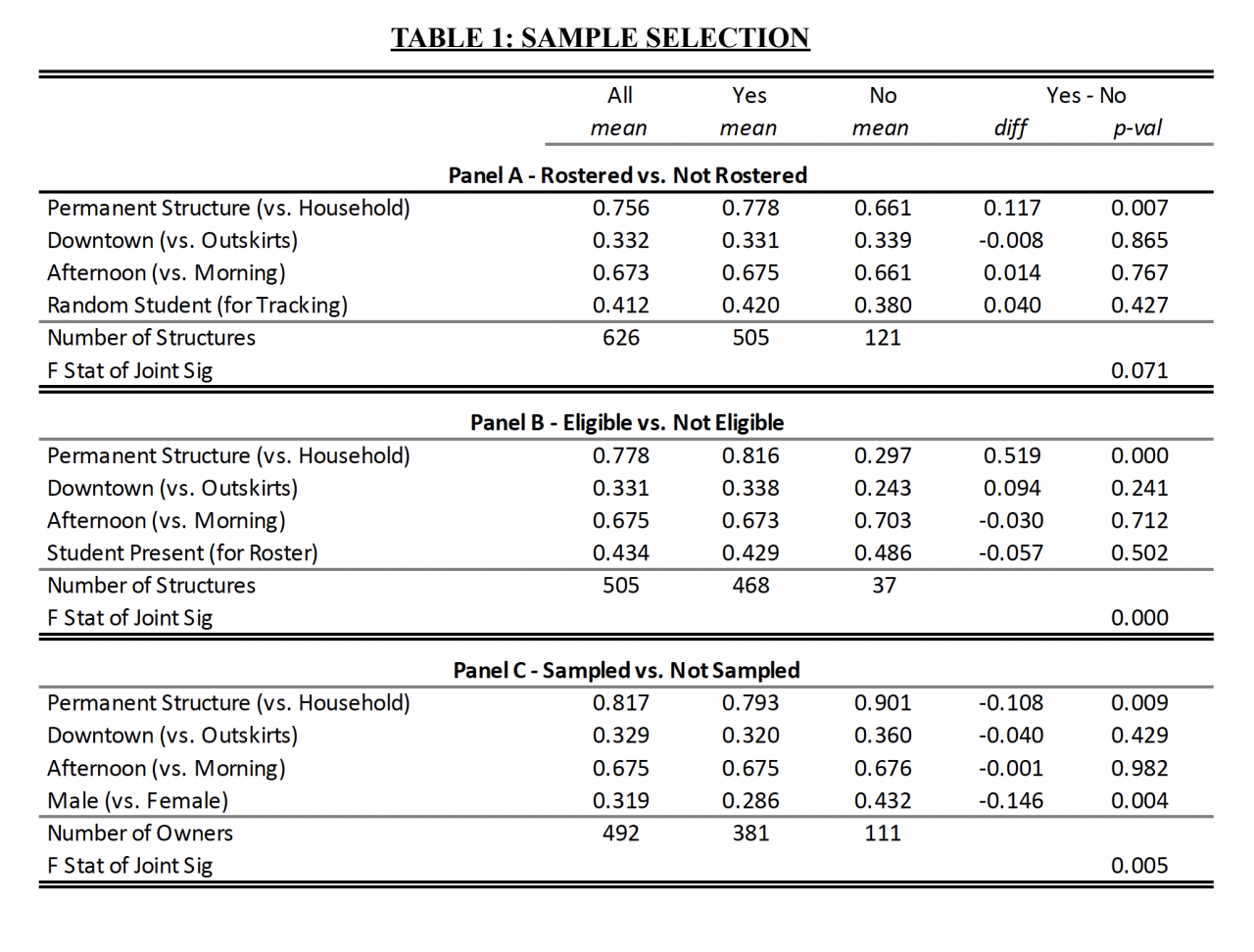Projects
A portfolio of my academic, technical, and policy works.

Industrial Delicensing and Productivity Dispersion: Firm Dynamics and Resource Allocation in Post-Reform India
This is the proposal to examine the impact of India's 1991 industrial delicensing policy on productivity dispersion using Hopenhayn's structural model. The research aims to analyze how removing entry restrictions across industries affected firm dynamics, productivity dispersion, and resource allocation in post-reform India.

Mitigating Search Frictions and Wage Dispersions in Nepal's Agricultural Labor Market: An Innovative Mobile App Solution
This research proposes a mobile app marketplace to connect farm service providers with farmers in Nepal. The goal is to address agricultural labor market challenges, reduce unemployment, and mitigate wage disparities through improved matching efficiency and information transparency.

Universal Basic Income and the Future of Work: The Role of Funding Mechanisms and Targeted Policies
This study examines UBI's effects on labor markets using the Diamond-Mortensen-Pissarides framework, analyzing how different funding mechanisms (corporate taxation vs. government sources) and transfer models (universal vs. targeted) impact unemployment, vacancy creation, and wages in the face of automation.

Empowering Nepal’s Gig Economy: A Comprehensive Approach to Worker Classification, Social Protections, and Regulation
This policy paper outlines key proposals to address challenges related to the misclassification of gig workers in Nepal and to establish comprehensive social security benefits, along with strategies for taxation and regulation policy. The research proposes innovative solutions including a two-step robust testing mechanism for worker classification, a contribution-based Social Security Fund (SSF), and uniform taxation policies to create a conducive regulatory environment for Nepal's gig economy.

Does student presence matter in business surveys? An Experimental Evidence from Aburi, Ghana
This study, conducted in Aburi, Ghana, uses a RCT to examine the impact of a student's presence on business surveys. The paper found that the presence of a student during a business survey significantly increased the length of the survey and decreased the reported years of education.